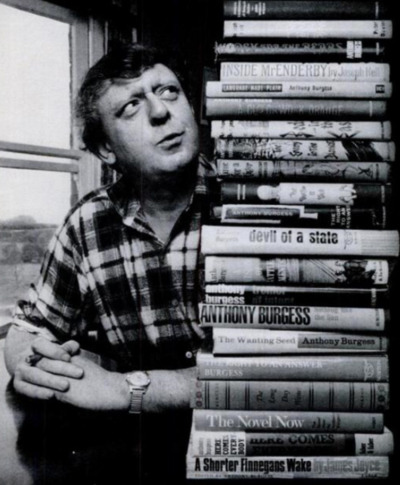I think the culture is much fuller, not narrower, in this wired and connected time. The “barbarians” have finally stormed the gates, and the whole system has been decentralized. That’s a good thing. But I suppose it depends on how you define “culture.” In “Cheap Words,” George Packer’s latest New Yorker piece, he looks at the battle between Amazon and publishers over the value of books and the nature of their distribution. Toward the end, the writer makes this more macro point:
“This conversation, though important, takes place in the shallows and misses the deeper currents that, in the digital age, are pushing American culture under the control of ever fewer and more powerful corporations.”
I don’t agree with that because I’m defining “culture” differently than Packer, but the writer makes a lot of excellent points on the micro level about the great book battle, because being able to get books cheaply now is wonderful but could have future implications. An excerpt:
“Lately, digital titles have levelled off at about thirty per cent of book sales. Whatever the temporary fluctuations in publishers’ profits, the long-term outlook is discouraging. This is partly because Americans don’t read as many books as they used to—they are too busy doing other things with their devices—but also because of the relentless downward pressure on prices that Amazon enforces. The digital market is awash with millions of barely edited titles, most of it dreck, while readers are being conditioned to think that books are worth as little as a sandwich. ‘Amazon has successfully fostered the idea that a book is a thing of minimal value,’ [Dennis] Johnson said. ‘It’s a widget.’
There are two ways to think about this. Amazon believes that its approach encourages ever more people to tell their stories to ever more people, and turns writers into entrepreneurs; the price per unit might be cheap, but the higher number of units sold, and the accompanying royalties, will make authors wealthier. Jane Friedman, of Open Road, is unfazed by the prospect that Amazon might destroy the old model of publishing. ‘They are practicing the American Dream—competition is good!’ she told me. Publishers, meanwhile, ‘have been banks for authors. Advances have been very high.’ In Friedman’s view, selling digital books at low prices will democratize reading: ‘What do you want as an author—to sell books to as few people as possible for as much as possible, or for as little as possible to as many readers as possible?’
The answer seems self-evident, but there is a more skeptical view. Several editors, agents, and authors told me that the money for serious fiction and nonfiction has eroded dramatically in recent years; advances on mid-list titles—books that are expected to sell modestly but whose quality gives them a strong chance of enduring—have declined by a quarter. These are the kinds of book that particularly benefit from the attention of editors and marketers, and that attract gifted people to publishing, despite the pitiful salaries. Without sufficient advances, many writers will not be able to undertake long, difficult, risky projects. Those who do so anyway will have to expend a lot of effort mastering the art of blowing their own horn. ‘Writing is being outsourced, because the only people who can afford to write books make money elsewhere—academics, rich people, celebrities,’ Colin Robinson, a veteran publisher, said. ‘The real talent, the people who are writers because they happen to be really good at writing—they aren’t going to be able to afford to do it.'”

